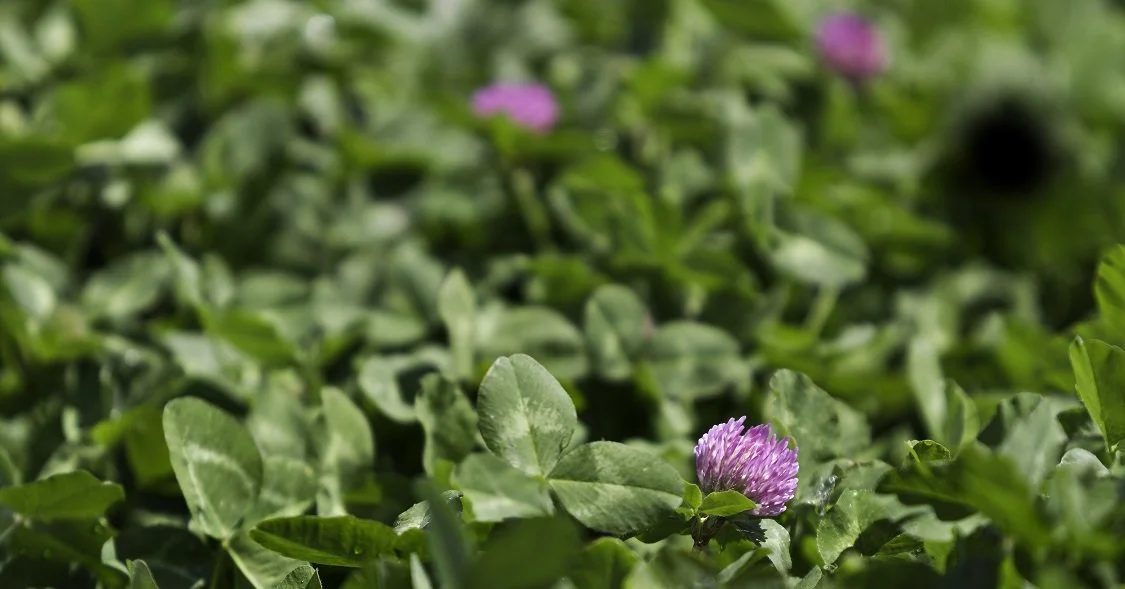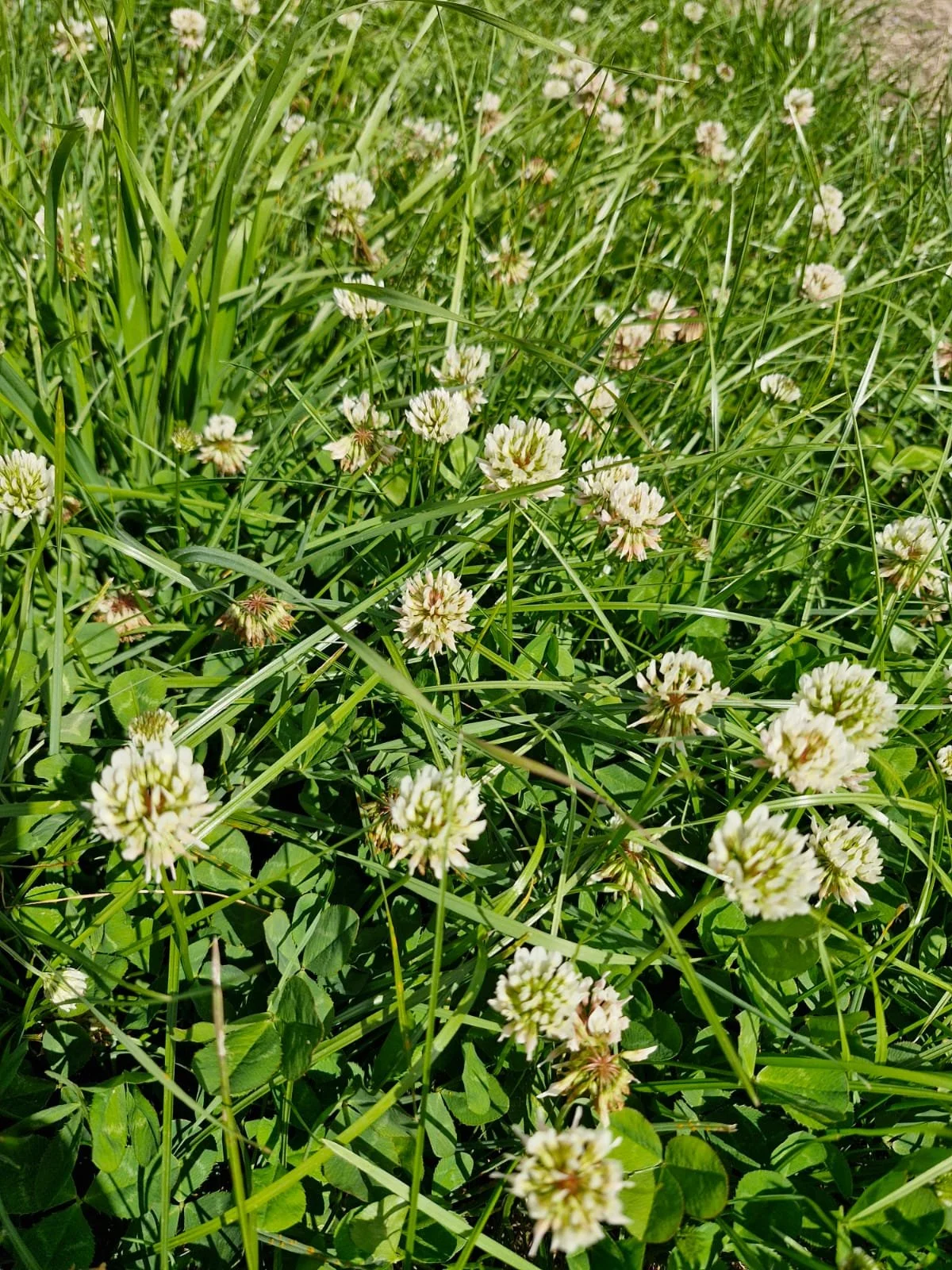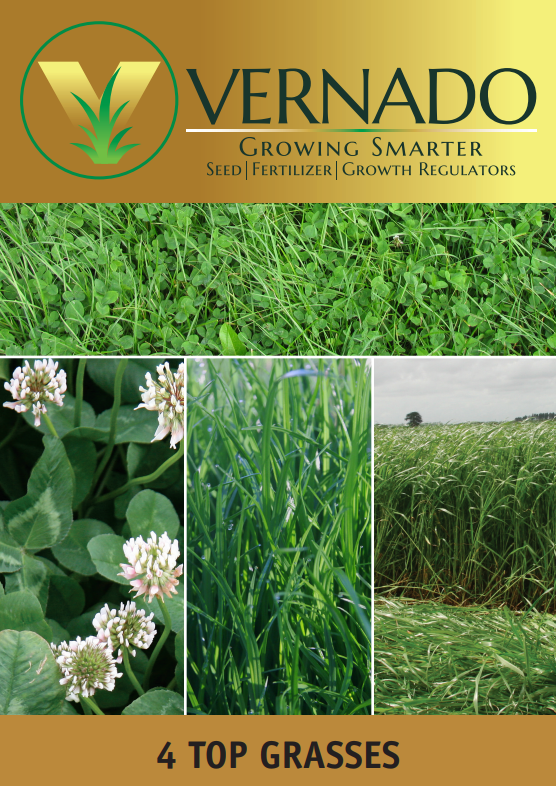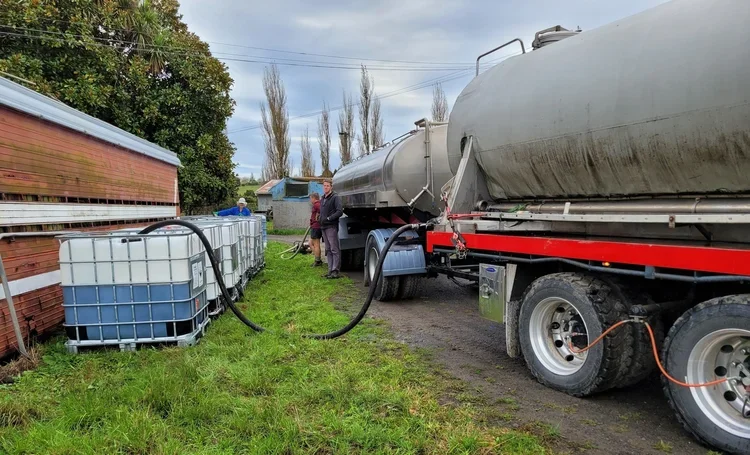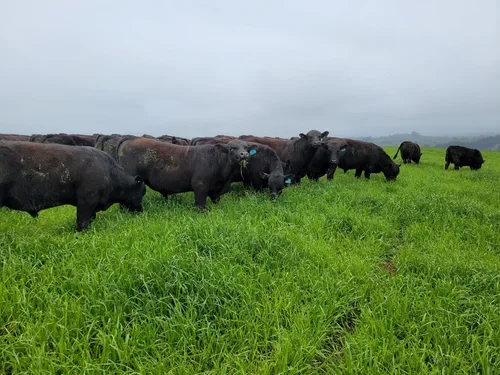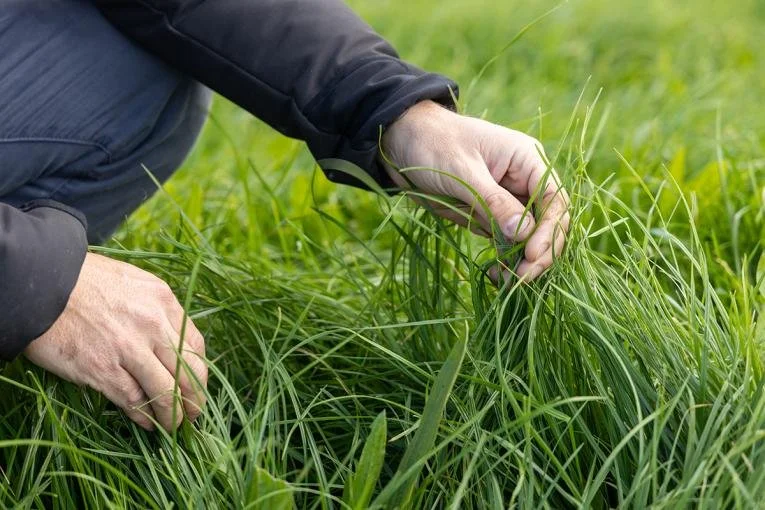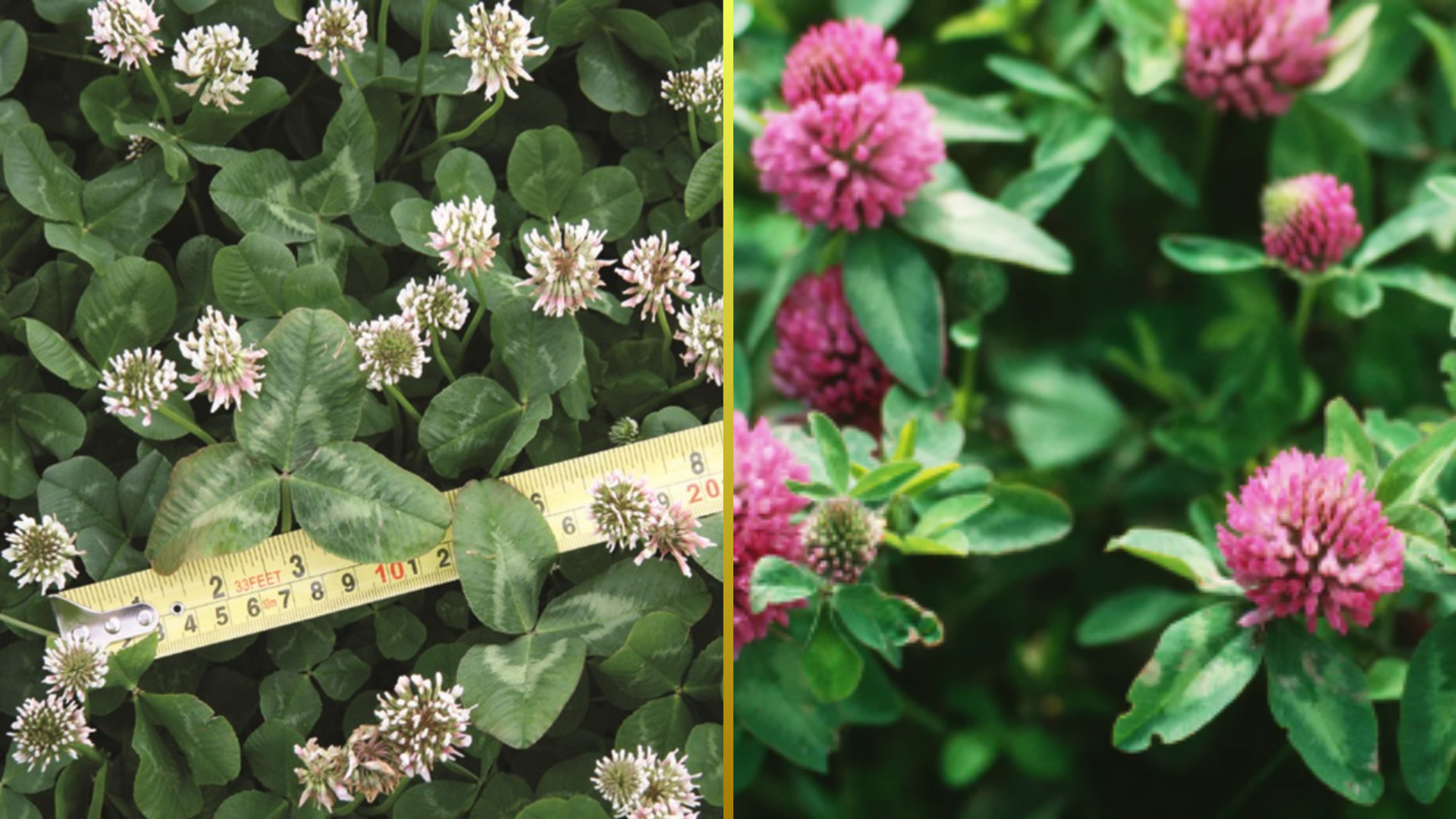
Clovers
Clovers that boost DM intake, fix N naturally, and keep pasture humming through the season.
Clover isn’t just a filler — it’s the engine of productive, sustainable pastures. As a key legume in New Zealand grazing systems, clover naturally fixes nitrogen in the soil, reducing fertiliser costs and improving overall sward balance. Its high protein and energy levels make it a premium feed source that supports animal performance, particularly during late spring and summer when grasses begin to decline.
Vernado’s clover options deliver vigorous establishment, strong persistence, and reliable regrowth across a range of conditions. White clover varieties offer long-term performance in permanent pastures, thriving under rotational grazing, while red clover adds quality and yield in hay and silage systems. Together, they enhance pasture density, boost feed quality, and support soil structure through their root activity and nutrient cycling.
Whether used in new sowings, mixed swards, or oversowing older pastures, Vernado’s clovers are designed to lift productivity naturally. Their compatibility with ryegrasses, plantain, and chicory makes them a smart, flexible choice for both dairy and livestock producers seeking balanced, high-quality forage with lasting impact. When you plant Vernado’s clover, you’re not just feeding stock — you’re building soil fertility and future-proofing your pasture.
Variety's of Clovers
Persian Clover (Annual)
Fast to establish;
Mixes well with Annual/Italian ryegrass
Palatable, high-protein feed;
Suits grazing/hay/silage; can reseed; performs in a range of soils.
Aspire Large-Leaf White Clover (Perennial)
Large-leaf, high-biomass;
High protein, highly digestible feed;
Strong nitrogen fixation;
Recovers well after grazing;
Mixes well with ryegrass; ideal for high-yield dairy/beef and sheep systems.
Huia Med-leaf White Clover (Perennial)
Proven NZ medium-leaf type;
Persistent with good grazing tolerance;
High N fixation; improves ryegrass performance;
Quality summer–autumn feed; supports soil health.
Malbec Red Clover (Perennial)
High-yielding, deep-rooted;
Strong drought tolerance;
High-protein forage; suitable for grazing and multiple silage or hay cuts.
Crimson Clover (Annual)
Rapid growth and establishment;
High N fixation;
Dense canopy aids weed suppression;
Cold-tolerant; valuable short-term pasture/cover crop; pollinator-friendly.

